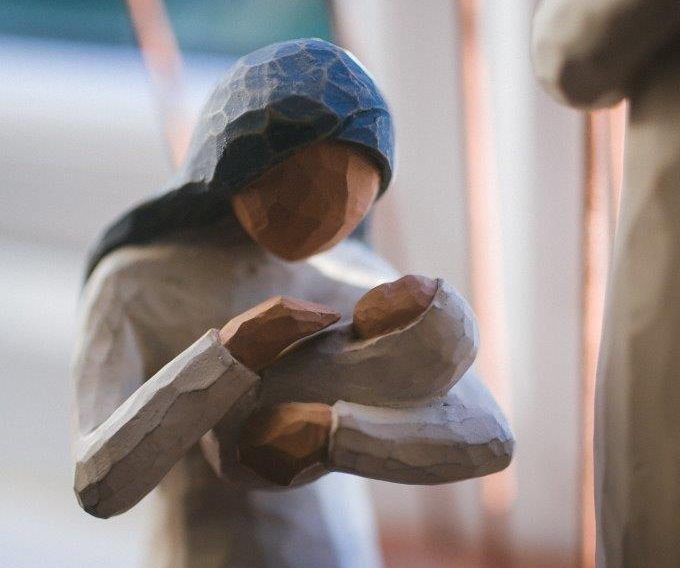Rev Dr Christine Sorensen, Uniting Church WA Presbytery Minister – Formation and Discipleship, asks what does the ‘spirituality of Christmas’ have in common with ‘the spirit of Christmas’?
Spirituality is a word that has gained such currency in our modern world it means everything and nothing. One of the ways we can give parameters to spirituality is to think of spirituality as being a capacity for self-transcendence, and then more narrowly define human, religious and Christian spirituality.
- Human spirituality can be seen as the ways that all people make connections and find meaning in their lives, to have meaning beyond themselves.
- Religious spirituality has finding integration and connection in conjunction with a higher power, or within a broader set of religious structures. As Christians we share this kind of spirituality with those of other faiths who seek transcendence beyond themselves.
- Christian Spirituality is more specifically the ways that we find meaning and purpose in relationship with the Triune God.
When we start to think about what is going on as we approach Christmas and the spirituality that we may encounter, it could be helpful to break down the spirituality of Christmas as human, religious and Christian. Human spirituality at Christmas may be the very general bonhomie and good humour of the season, seen in celebrating the love we hold as families and the sense of family connection, gift giving and receiving, and joy and fulfilment in enjoying hospitality.
Some of us will come from families where all the spirituality of Christmas is contained in these things. Others will know that this is a part of what we celebrate and yet reach out for something deeper.
Religious spirituality at Christmas may link to the awareness, in a time of memories, of Christmases past and family gatherings, and even an embedded longing for ‘something’ more. Christmas is full of outward symbols and practices that point to meaning making, to trying to find sense and connection through familiar religious images, and concepts of connection and gift giving.
In the community and civic sphere we see Christmas trees, community carol services, and shopping centres endlessly playing seasonal music, all ways of satisfying a need for religious tradition and building a sense of connection. People will participate in worship services who would not ordinarily join us, knowing or searching for transcendence and meaning.
Those of other faiths may join us in knowing that this is a meaning-making event that while not shared in particularity, for us Christmas has religious significance. When I lived in Pakistan I would receive Christmas wishes (and cakes and other gifts) at Christmas and Easter from Muslim friends, reciprocated at the equivalent time in their religious calendar. Christian Spirituality at Christmas encompasses the above, but is centred in the meaning-making of a God who became incarnate in our world.
While Pentecost is often associated in our minds as the moment of the Spirit’s flowing out into the world, the time of Christ’s coming is of course a ‘Spirit’ moment. Expectant people waiting, a supernatural movement of the Spirit, messages about Jesus, and praise and prophecy are part of both the Incarnation and Pentecost stories. The expectancy is from the promises pointing to the coming Emmanuel who would change the world.
John’s mother witnesses to the presence of the Spirit when pregnant Mary visits, and the child in her womb moves. Mary uses words spoken centuries earlier by Hannah to speak of how the coming child, imbued by the Spirit, would turn around systems that oppress people. Angelic voices speak of good news of great joy, and of peace and goodwill over the earth.
Prophets Simeon and Anna speak of salvation, and revelation, but also of the ensuing struggle in a world that will not accept the Spirit that fills the newly born child.
As we approach Christmas, we can choose to simply enter into a ‘spirituality’ of our human connectedness, or we may bear the Spirit of the Incarnate One, who came that the world might be turned upside down. We may find ways to help people move toward a spirituality of Christmas that is something beyond human connection.
May you have a Spirit-filled Christmas.
